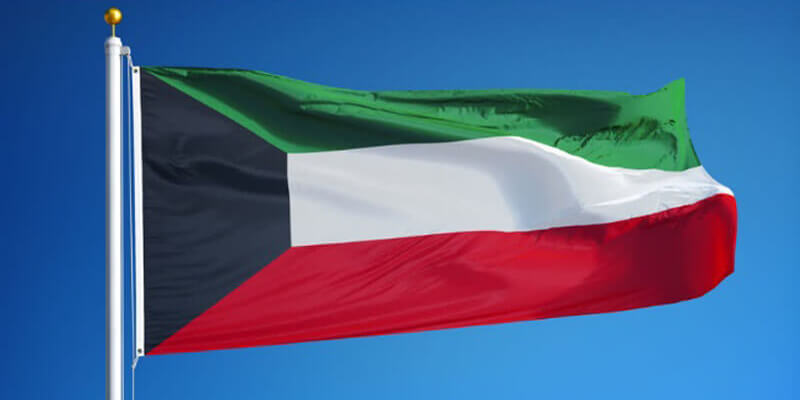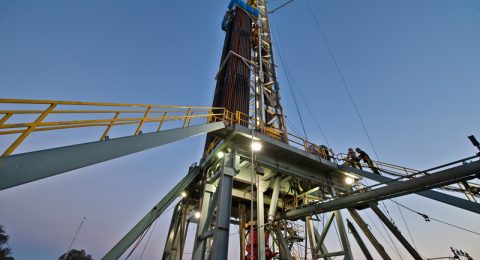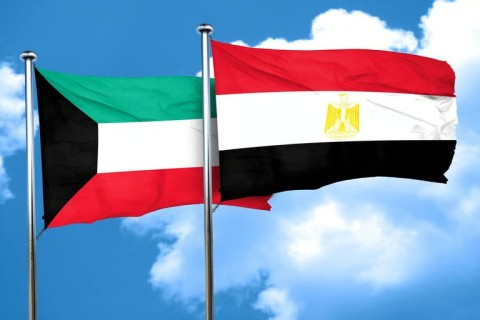A parliamentary document reviewed by Reuters showed that Kuwait Petroleum Corporation (KPC) plans to borrow up to $1 billion from banks including HSBC and JPMorgan.
“The Kuwait Petroleum Corporation is currently negotiating with the Japanese export credit agency to provide insurance cover for the financing that the corporation will obtain from a group of international banks, including HSBC and JPMorgan, with a value not exceeding $1 billion for a period of 13 years,” Oil Minister Mohammad al-Fares said in response to a lawmaker’s inquiry.
Fares said the capital expenditures would include oil and gas production.
“It was found that there is a need to invest large amounts of money in order for the corporation to implement (its five-year) strategy and to maintain and develop production levels,” he said.
Kuwait’s cabinet approved an external borrowing plan for KPC for the financial years 2018/19 to 2022/23 in April 2019.
Kuwait’s current cabinet and many of its predecessors have failed to pass a debt law for years, despite resistance from successive parliaments, that would raise the debt ceiling and enable Kuwait to tap international debt markets.
Kuwait earns nearly 90% of its revenue from oil. In spite of high oil prices, Kuwait forecasts a fiscal deficit of $10.12 billion in the fiscal year beginning April 1.
Kuwait planned to raise production capacity to 4 million barrels per day (mmbbl/d) by 2020, but it was not able to do so. Kuwait News Agency reports that it plans to reach 3.5 mmbbl/d by 2025.
Kuwait has also stated that it plans to reach 4.750 million barrels by 2040.












